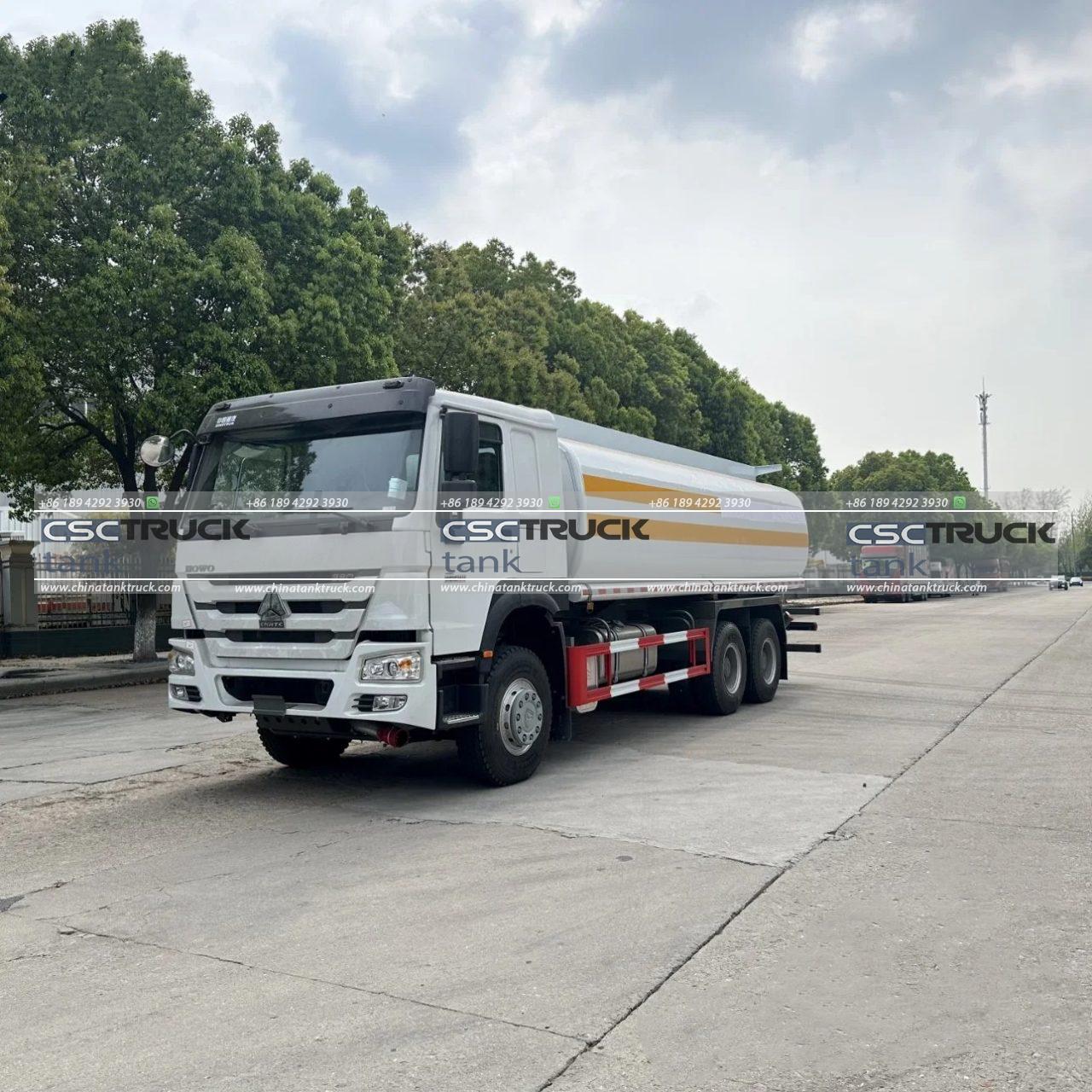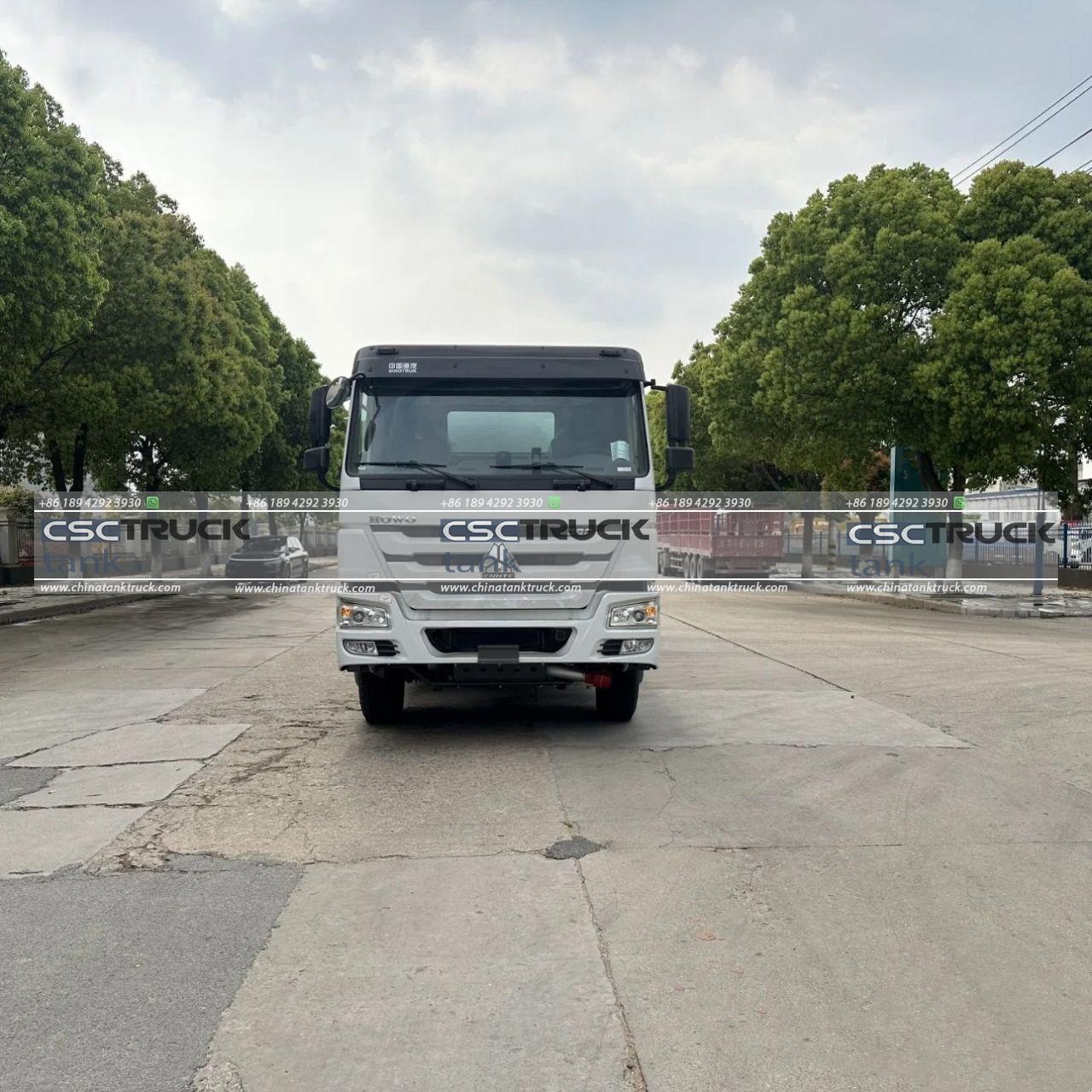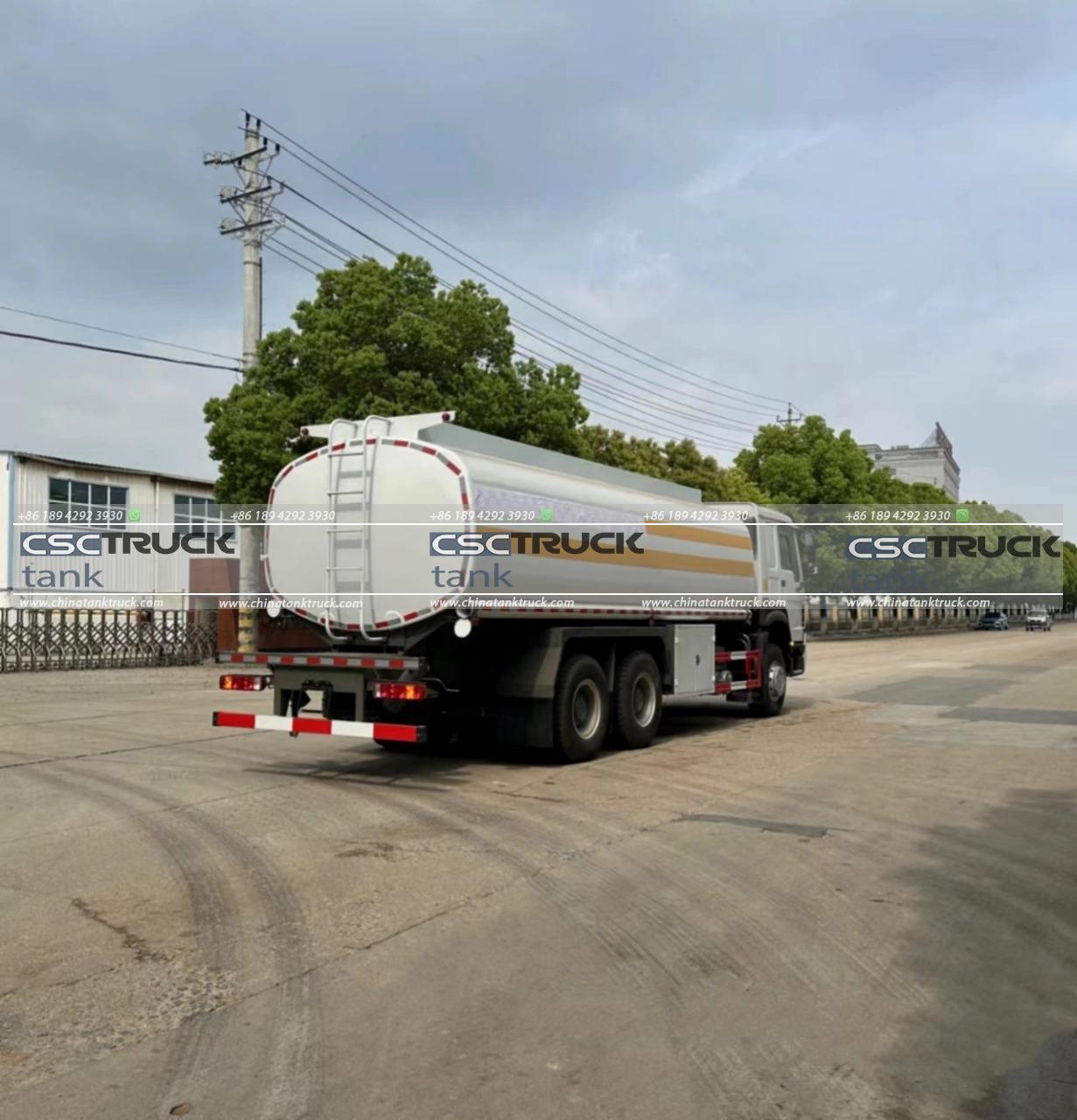The global oil industry is a colossal and intricate network, with crude oil transportation standing as a critical component in its operation. As the backbone of this network, crude oil tank trucks play a pivotal role in ensuring that oil reaches its destination safely, efficiently, and on time. High-performance crude oil tank trucks are designed to meet the demanding needs of the industry, balancing efficiency, safety, and environmental considerations. This article explores the features, advancements, and benefits of these specialized vehicles in the context of modern oil transportation.
The Importance of Efficient Oil Transportation
Crude oil is a vital resource that powers economies and sustains industries worldwide. Its journey from extraction sites to refineries and storage facilities involves a complex logistics chain. Efficient transportation is crucial to maintain a steady supply, manage costs, and minimize environmental impact. High-performance crude oil tank trucks are engineered to address these needs, offering significant improvements over traditional models.

Key Features of High-Performance Crude Oil Tank Trucks
1. Advanced Tank Design:
The tank is the heart of any oil truck. Modern crude oil tank trucks feature advanced tank designs that optimize capacity and stability. Constructed from high-strength, lightweight materials such as aluminum alloys or specialized steel, these tanks are both durable and corrosion-resistant. Their design often includes baffles that reduce liquid movement, enhancing stability during transit and minimizing the risk of rollover accidents.
2. Enhanced Safety Systems:
Safety is paramount in crude oil transportation. High-performance tank trucks are equipped with state-of-the-art safety systems. These include electronic stability control (ESC), anti-lock braking systems (ABS), and advanced driver assistance systems (ADAS) that help prevent accidents. Additionally, emergency shut-off valves, pressure relief valves, and explosion-proof vents are standard features to mitigate the risks of leaks and explosions.
3. Efficient Loading and Unloading Mechanisms:
Speed and efficiency in loading and unloading operations are critical for minimizing downtime and ensuring timely delivery. High-performance crude oil tank trucks come with automated loading and unloading systems, including pneumatic or hydraulic pumps and computerized control systems. These systems not only speed up the process but also ensure precise measurement and reduce spillage.
4. Fuel Efficiency and Emissions Control:
Environmental considerations are increasingly important in the oil industry. Modern tank trucks are designed with fuel efficiency and emissions reduction in mind. Engine technologies such as turbocharging, direct fuel injection, and hybrid systems improve fuel economy. Additionally, exhaust treatment systems like selective catalytic reduction (SCR) and diesel particulate filters (DPF) significantly reduce harmful emissions, aligning with stringent environmental regulations.
5. Telematics and Fleet Management:
The integration of telematics and advanced fleet management systems has revolutionized crude oil transportation. These systems provide real-time data on truck location, speed, fuel consumption, and maintenance needs. Fleet managers can monitor routes, optimize logistics, and ensure compliance with regulations. Predictive maintenance features help prevent breakdowns and extend the lifespan of the trucks.
Advancements Driving Efficiency
The continuous evolution of technology has brought about several advancements in crude oil tank trucks, further enhancing their efficiency and reliability.
1. Lightweight Materials:
The use of advanced lightweight materials, such as carbon fiber composites and high-strength aluminum alloys, has significantly reduced the overall weight of tank trucks. This reduction improves fuel efficiency and allows for greater payload capacity, translating into cost savings and reduced environmental impact.
2. Aerodynamic Design:
Aerodynamics plays a crucial role in fuel efficiency. Modern tank trucks feature streamlined designs that reduce air resistance. Innovations such as side skirts, roof fairings, and tail fins have been incorporated to minimize drag, leading to better fuel economy and lower operational costs.
3. Automation and Autonomy:
Automation technologies are making inroads into the oil transportation industry. Semi-autonomous and fully autonomous tank trucks are being developed and tested, promising increased safety and efficiency. These vehicles can operate with minimal human intervention, reducing the risk of accidents caused by human error and optimizing route planning.
4. Smart Sensors and IoT Integration:
The Internet of Things (IoT) has brought a new level of intelligence to crude oil tank trucks. Smart sensors embedded in the tanks monitor temperature, pressure, and liquid levels in real-time. This data is transmitted to central control systems, enabling proactive maintenance, spill prevention, and improved logistics planning.
5. Hybrid and Electric Drivetrains:
The shift towards sustainable transportation has led to the development of hybrid and electric crude oil tank trucks. These vehicles reduce reliance on fossil fuels and lower greenhouse gas emissions. Although still in the early stages of adoption, hybrid and electric tank trucks represent the future of eco-friendly oil transportation.

Benefits of High-Performance Crude Oil Tank Trucks
The implementation of high-performance crude oil tank trucks offers numerous benefits to the oil industry and beyond.
1. Improved Safety:
The advanced safety features of modern tank trucks significantly reduce the risk of accidents, protecting both drivers and the environment. Enhanced stability, braking systems, and emergency controls ensure safer transportation of hazardous materials.
2. Cost Efficiency:
Increased fuel efficiency, reduced maintenance costs, and optimized logistics contribute to overall cost savings. High-performance tank trucks can transport larger volumes of oil per trip, maximizing productivity and minimizing operational expenses.
3. Environmental Sustainability:
By reducing fuel consumption and emissions, high-performance tank trucks help the oil industry meet environmental regulations and sustainability goals. The adoption of hybrid and electric models further supports the transition to greener transportation solutions.
4. Reliability and Uptime:
The integration of telematics and predictive maintenance ensures that tank trucks are always in optimal condition, reducing the likelihood of breakdowns and delays. This reliability is crucial for maintaining the integrity of the supply chain and ensuring timely delivery of crude oil.
5. Enhanced Operational Control:
Advanced fleet management systems provide real-time insights and analytics, allowing for better decision-making and resource allocation. This level of control enhances operational efficiency and supports strategic planning.
Conclusion
High-performance crude oil tank trucks are at the forefront of efficient and sustainable oil transportation. With their advanced design, cutting-edge technologies, and focus on safety and environmental impact, these vehicles are transforming the logistics of crude oil delivery. As the industry continues to evolve, the adoption of high-performance tank trucks will be essential for meeting the growing demand for oil while adhering to stringent safety and environmental standards. By embracing these innovations, the oil industry can ensure a secure, efficient, and sustainable future for crude oil transportation.


